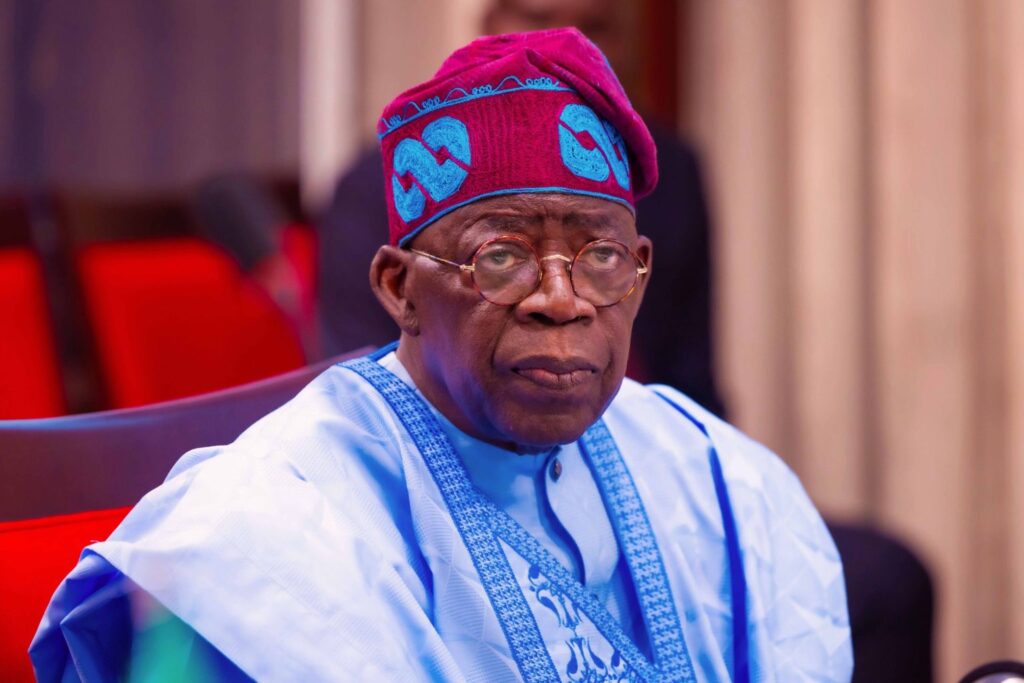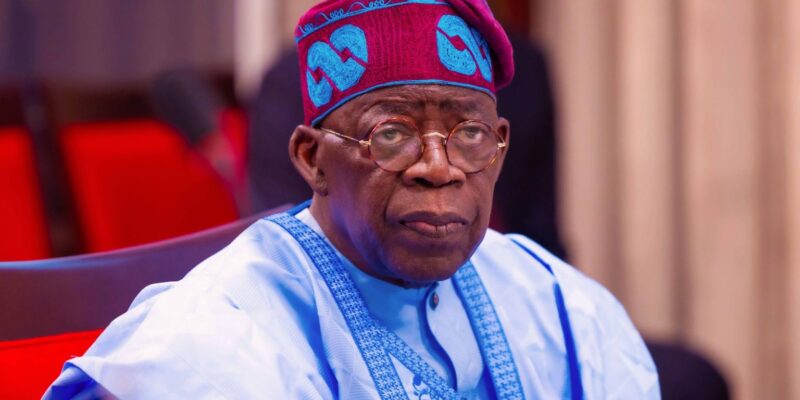
With just two years to Nigeria’s 2027 presidential election, the political atmosphere is heating up as prominent figures from the Peoples Democratic Party (PDP) continue to defect to the ruling All Progressives Congress (APC), sparking mixed reactions and reshaping the nation’s political map.
The latest high-profile defections include former Delta State Governor and 2023 PDP vice-presidential candidate Ifeanyi Okowa, alongside incumbent Governor Sheriff Oborevwori. Their move to the APC, announced at a stakeholders’ meeting in Asaba, significantly strengthens the ruling party’s hold in the South-South. The APC now controls Delta, Edo, and Cross River states, with governors in Akwa Ibom and Rivers also reportedly aligning with President Bola Tinubu, leaving only Bayelsa under PDP leadership.
This wave of political realignment follows the unveiling of a new opposition coalition led by former PDP presidential candidate Atiku Abubakar, Labour Party’s Peter Obi, ex-Kaduna State Governor Nasir El-Rufai, and Babachir Lawal. The group, operating under the Social Democratic Party (SDP), is yet to attract substantial backing from political heavyweights, raising doubts about its viability.
Amid the shifting alliances, political analysts have raised concerns that deeper national security issues—particularly the spread of the so-called Fulani war across the Sahel—are influencing the mass movement toward the APC. Katchi Ononuju, Director General of the Heritage Centre and former PDP chieftain, warned that governors are aligning with Tinubu’s APC not because of strong policy direction, but due to fears over regional insecurity and ethnic domination.
“There is a war going on—a Fulani war across the Sahel—that has now birthed itself in Nigeria,” Ononuju told DAILY POST. “Governors are reacting to this threat, not necessarily out of support for Tinubu’s policies. What they fear more is a continuation of Fulani domination in power.”
Ononuju criticized the PDP for its failure to uphold zoning principles after eight years of Fulani-led leadership under President Muhammadu Buhari. He argued that the South is increasingly unwilling to support another northern candidate from the Fulani ethnic group, even if that means rallying behind Tinubu.
“After Buhari, pushing another Fulani candidate like Atiku is unacceptable to many Nigerians,” Ononuju added. “The PDP lost its appeal because it failed to be inclusive. That’s why Peter Obi and Rabiu Kwankwaso left.”
He described the opposition coalition as a “menagerie” that lacks cohesion and the diversity needed to challenge the APC. “If the South must choose between Tinubu and another Fulani presidency, they’ll stick with Tinubu—even with all his faults. What we are seeing is not just political; it is historical and strategic.”
In the North, political calculations are still evolving. Former presidential aide Hakeem Baba-Ahmed hinted at a decisive shift in the region’s political stance within the next six months. “The North will decide where it stands. If others want to join, fine. If not, we go our own way,” he said.
Meanwhile, former APC founding member and ex-Director General of the Voice of Nigeria (VON), Osita Okechukwu, described the spate of defections as a natural part of Nigeria’s democratic evolution.
“There’s nothing strange about the ongoing defections. It’s all part of the democratic dynamics,” Okechukwu said. “People are joining APC because they see a party that is structured and focused on grassroots development.”
He lauded President Tinubu for increasing state allocations, creating regional development commissions, and implementing financial autonomy for local governments.
“Now, local councils control their own funds. This is a huge shift. The governors can no longer hijack council allocations,” Okechukwu noted. “It’s time for citizens to hold their local leaders accountable.”
As the political chessboard continues to shift, one thing is clear: the road to 2027 will be shaped not only by party manifestos but also by deeper questions of security, ethnicity, inclusion, and national identity.

Comments